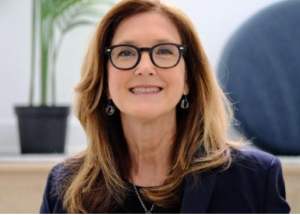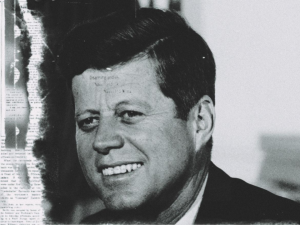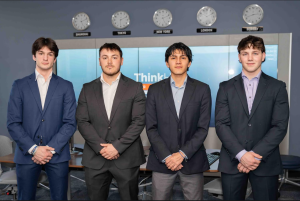Welcome to the Real World
Jan 30, 2019
A university education is a wonderful thing. It allows us to question our preconceived notions, analyze matters from different perspectives and challenges us to bring out the best within ourselves. Expanding knowledge is many people’s reason for a John Carroll education and a liberal arts education in general.
Now, what we do with that education is different for everyone; some pursue more education, whereas others pursue a job opportunity. Both paths will lead to different opportunities and world perspectives. Sometimes these two world collide: a great mixture of academic knowledge and work experience. I believe this marriage of theory and practice often leads to the greatest inventions and helps the world move forward. This is something we ought to strive for now, while we are at John Carroll, and in the future when we are at different businesses.
Unfortunately, this great fusion is not always achieved. There are academics who spend their entire lives within the safe walls of universities. They spend years and years in school, only to come out and teach at one. Although I have no doubt about their intellectual capabilities, I do wonder if it is the best course of action for those who want to teach the future generation. On the other hand, there are also business professionals who completely disregard everything they learned in school and may rely on outdated information. Some of them also have a hard time understanding the work-school balance that many students are trying to maintain. Moreover, besides having years and years of experience, they may not always be great at teaching the next generation what they have learned over the years.
When these two worlds do come together, we may think that everything will flow naturally and the next invention is just waiting to get launched. However, this is not always the case. Sometimes this mash-up can cause great tension and show how big the schism between the two really is. An example I like to use is that of my parents’ work situation. Both are seasoned detectives with over 30 years of work experience within the field. They often have people who start to work at the station who came straight from graduate school studying criminology. These people come in with great ideas and new interviewing techniques; they are ready to start. However, often times the techniques that they learned in school tend to not apply in the interviewing room. Suspects feel a disconnect between themselves and the interviewer, who uses fancy words and high-level techniques. Although it may be great to apply new interviewing techniques, these fresh graduates tend to discard the real world applications that can be learned from more seasoned people within the force. It is all about striking that perfect balance in order to reach great achievements.
When we leave John Carroll, it is important to take the academic foundation that we have built here while recognizing that there are a lot of things in the workforce that we still need to learn. We need to find the right combination of the two in order to bring out the best within ourselves and our careers. After all, knowledge is power but practice makes perfect.












